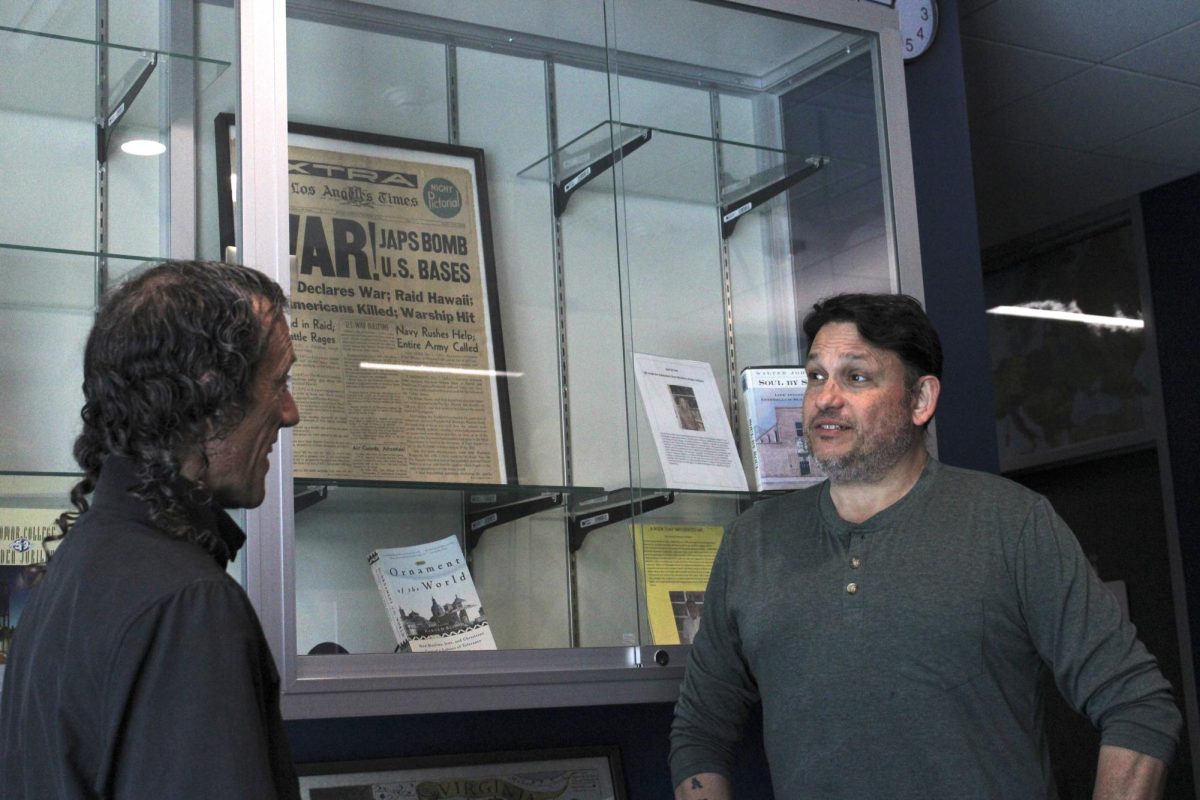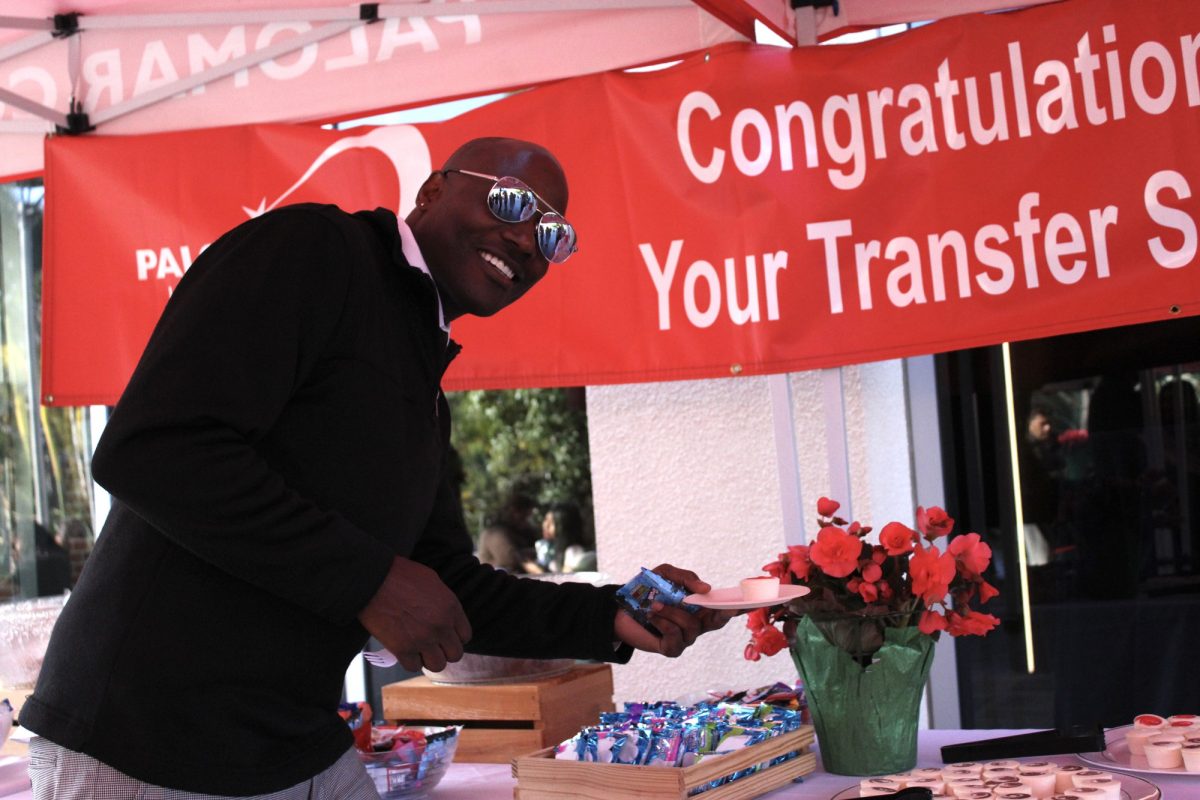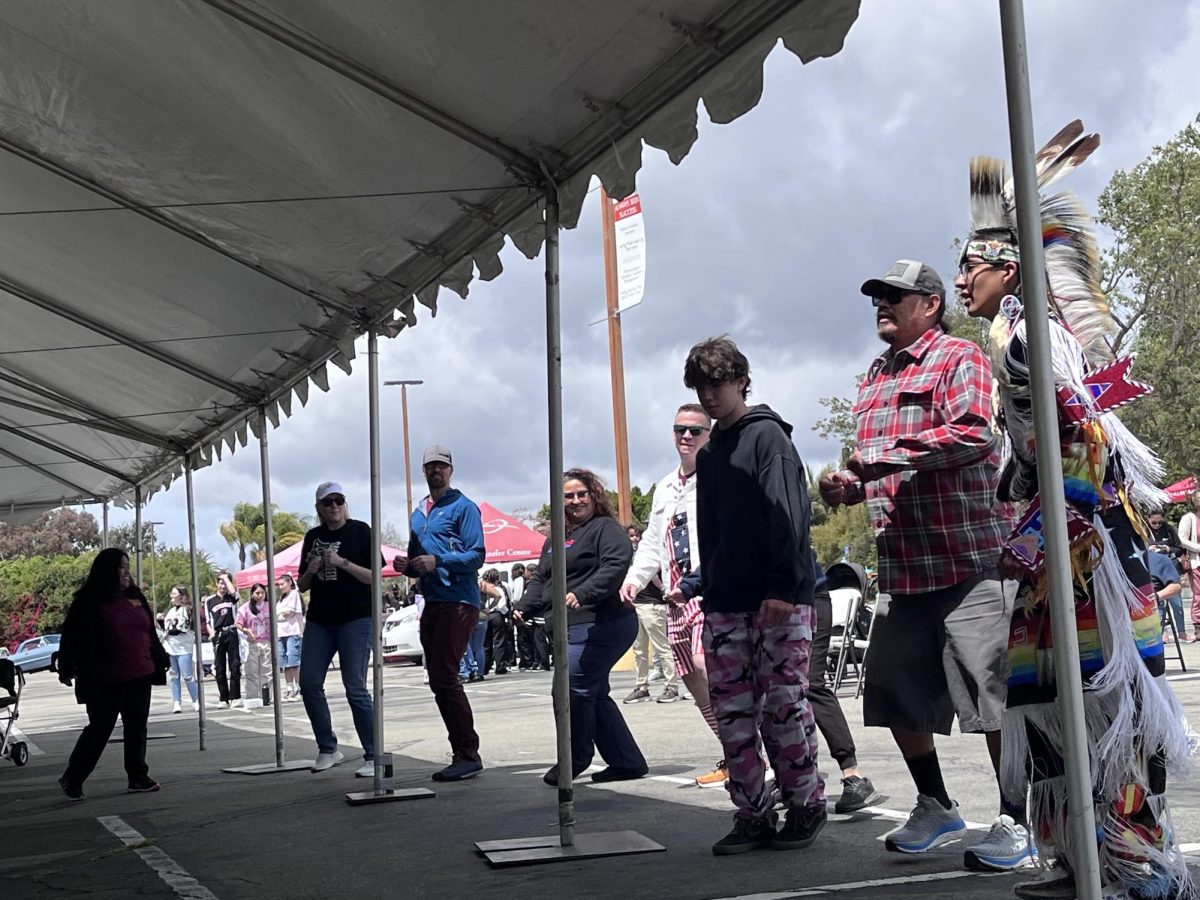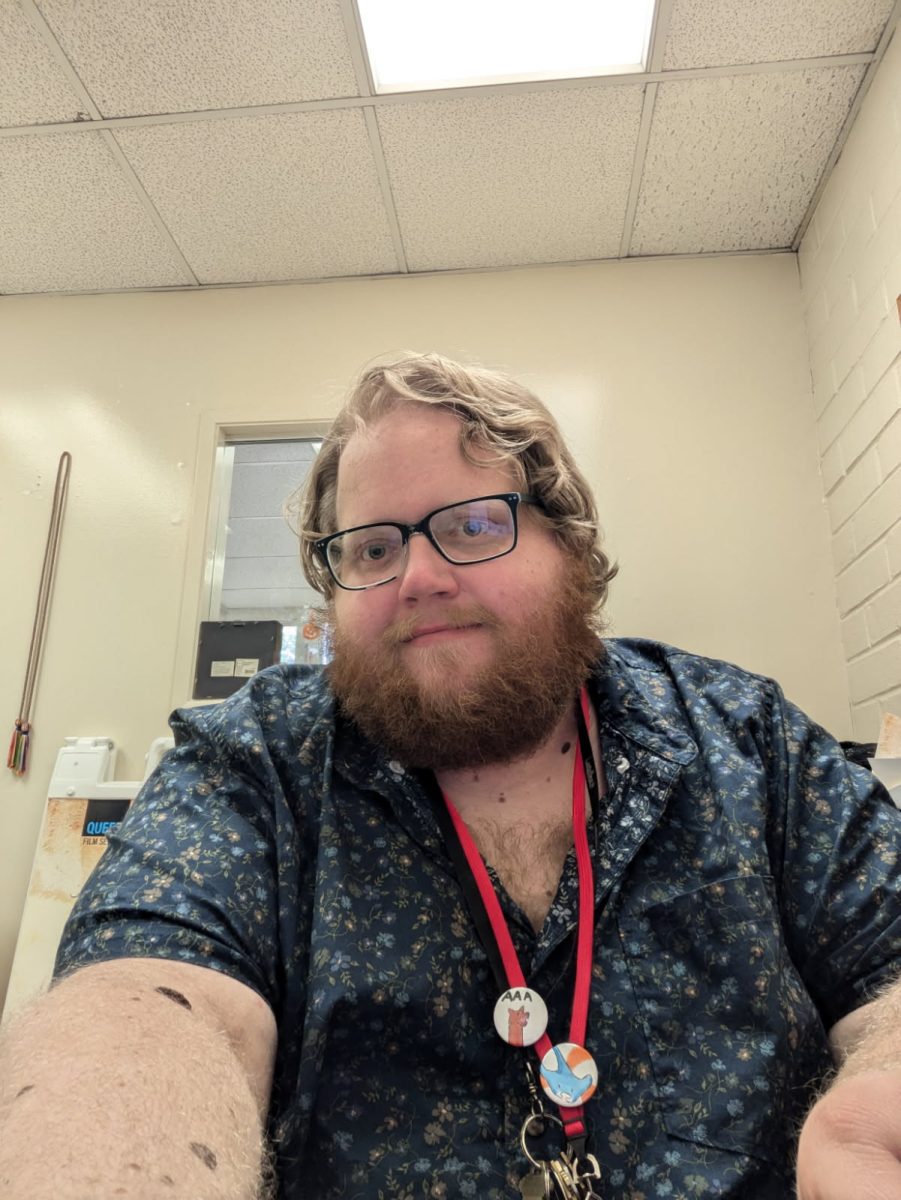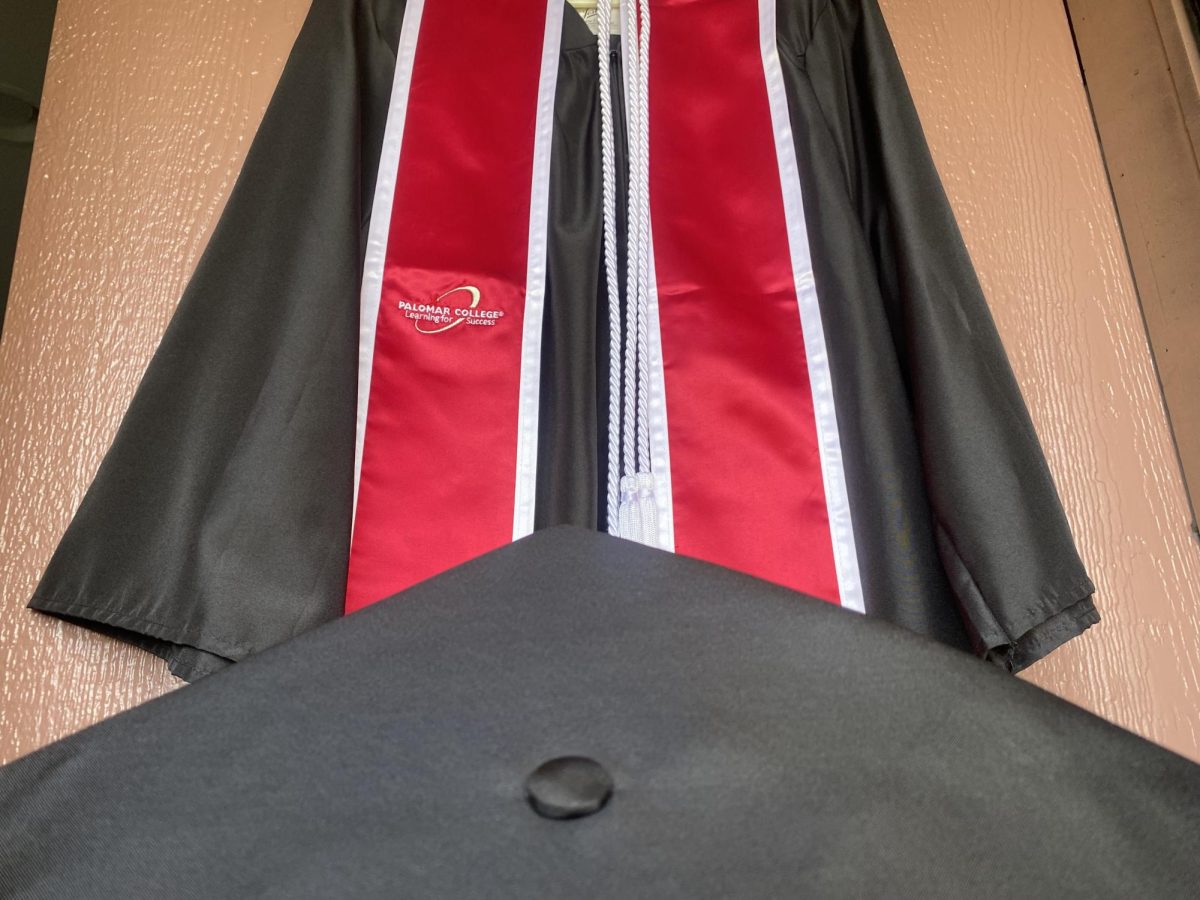A letter from one of the branches of the Ku Klux Klan came across the editor’s desk recently, addressing Palomar College and several other colleges in the area.
Recipients of the letter included Mount San Jacinto College, California State University San Marcos and San Diego State University. MSJC’s editor-in-chief did not respond to receiving the letter, whereas Cal State’s editor-in-chief Layda Galvin received the letter but decided to ignore it. San Diego State University’s social media editor David Santillan, who currently writes for The Aztec, stated, “no, at least not yet,” on whether they received a letter, and added that “we should run it too if we get one.”
Klan’s member, Roy Lariet from North Carolina sent a letter addressed to The Telescope staff, that argued against the KKK being a hate group, and spoke out against “loud-mouth” literature. Specifically, the book Lariet targets is called The Slave Players, written by Megan Allen, a 27-year-old white female who grew up in California.
“As a California girl from a privileged family, I hadn’t really faced racism until I journeyed with my father across the southern states only a couple of years ago. I was struck by the fact that blacks were almost never seen in the company of whites.” Allen said.
Allen felt there were more pressing issues that people weren’t talking about. Allen would take visits travelling with her father to the South, prompting her to write about the harsh realities between black and white racial strains.
“The N-word began to rear its ugly head. You were an N-word if you were black, and you were an N-word crier if you were white. Southern blacks were extremely courteous to us, almost timidly so, while white males were aggressive and uttered the N-word sometimes as soon as we met, as if there was no doubt we all spoke the same language.”
Lariet, who joined the KKK nearly a decade ago, described the tension between whites and blacks growing up in the South, centuries ago until now, from his own perspective.
“If you look at colors in Africa back in the 1800’s, they didn’t have it that good, but when they came to America, they had it better,” Lariet said. “We believe there were a significant number who came over who didn’t fight it. They came willingly. Colors don’t generally mix in the South, and I think it’s natural, it’s nature.”
Today, the modern-day Klan is broken into different factions, and Lariet is a member of “The Loyal White Knights” of the Ku Klux Klan, which seeks to restore white unity. “We feel we are the chosen people,” he stated, and believes that it is their Christian duty to uphold these values.
The KKK groups stretch across the South, and they still wear the traditional robes, which are worn to prevent identification from outsiders. While there are around 8,000 total KKK members today, the Loyal White Knights are considered the largest faction.
“We didn’t come to hate, we came to make a point,” Lariet said about the KKK. “White is white and it’s what we believe,” stating that the book “is such a damn slap at California culture.” Lariet’s view on the KKK is from a standpoint of bringing peace, not hate. However, Lariet stated California’s liberal backdrop is one reason they don’t see Allen’s argument as valid. As he put it, “the liberals are always trying to mix people together,” and this is why Lariet believes Allen’s book is contradictory to the KKK’s beliefs.
The book argues that all should have a right to this country, and prejudices shouldn’t ensue. However, Lariet believes it’s written by someone who doesn’t know his kind. “This particular novel…it’s offensive to whites in general. This is a white girl writing about something we don’t think she knows anything about.”
Allen’s visits and interactions with those in the South posed an issue for her. “A real contempt of southern white males and their so-called heritage began to eat away at me,” Allen said, speaking in regards to racial differences. “Finally, my dad said, ‘Well, stop sulking and write a damn book about it,’ and that’s how The Slave Players came about.”
Palomar student Jason Walker believed there was no ethical problem with Allen writing the book. “It’s freedom of speech,” Walker said.
“The KKK is public, so they put themselves out there,” Danielle Stapley stated, agreeing with her colleague. “I’m sure there are plenty of other things out there on the KKK already.”
Allen hopes that in writing the book, others might take notice of their own prejudices.
“I think personal reflection is the only way to remove such a cancer,” Allen said. “I hope that’s what my story causes folks to do. Reflect.”


